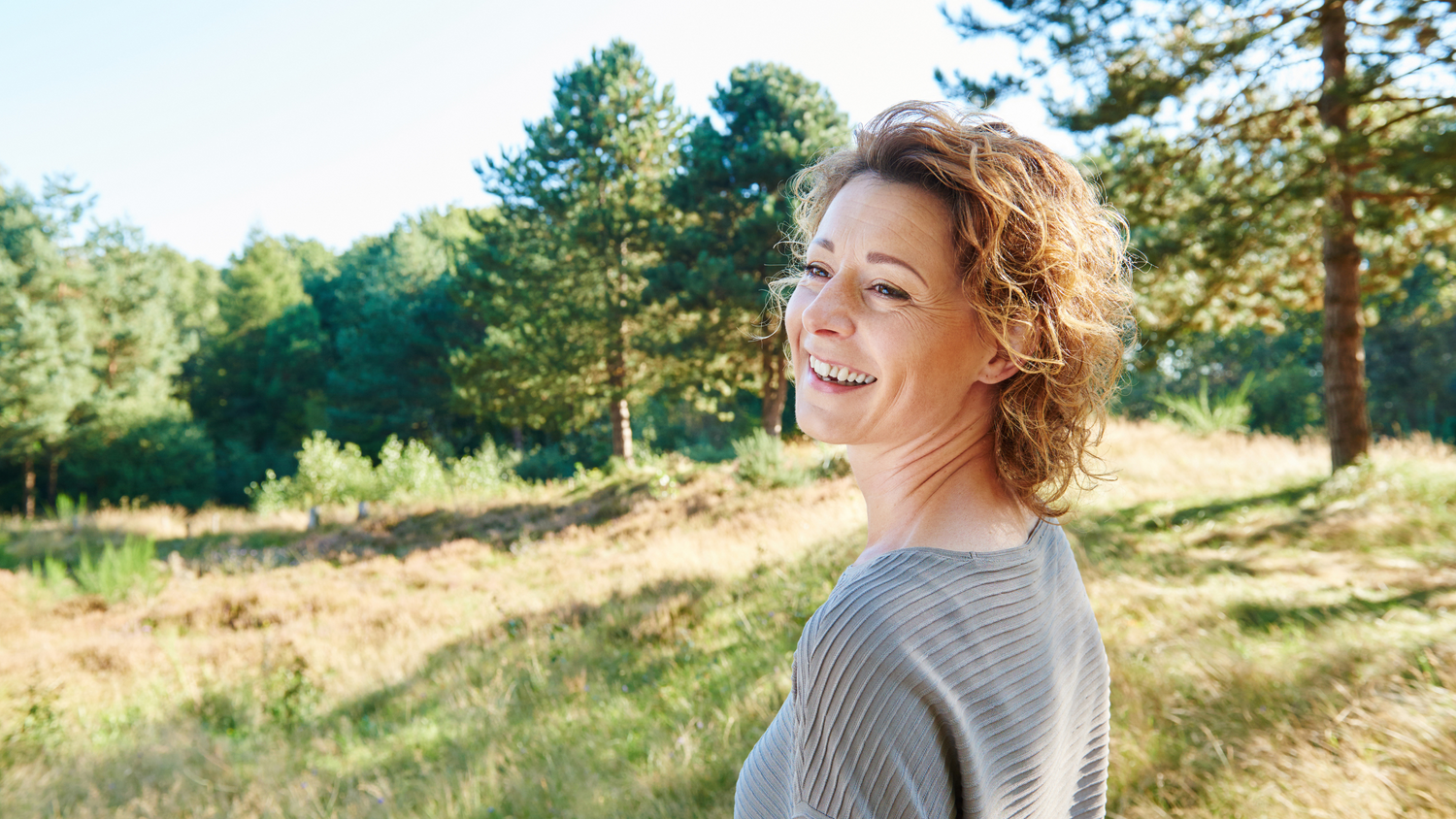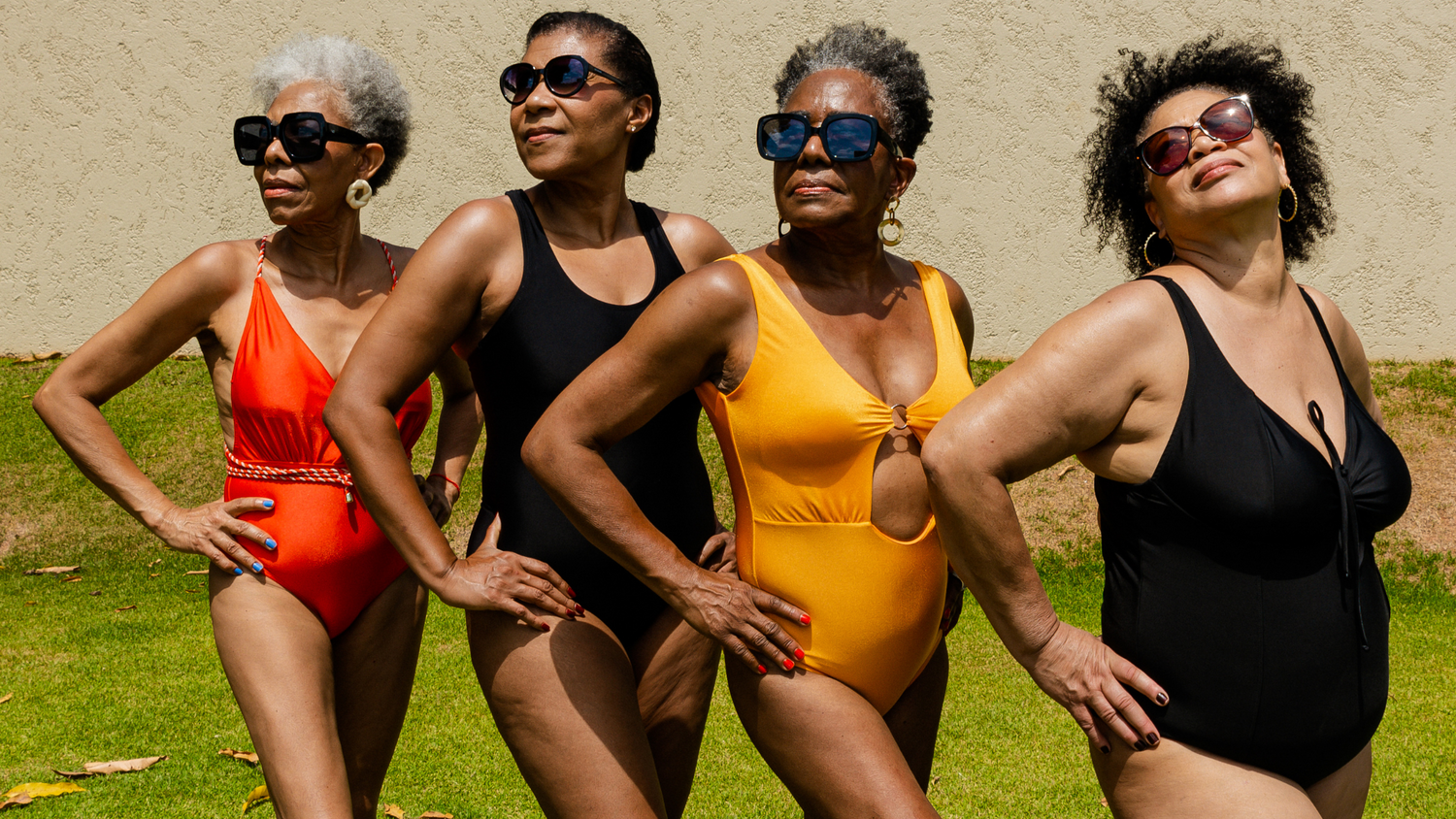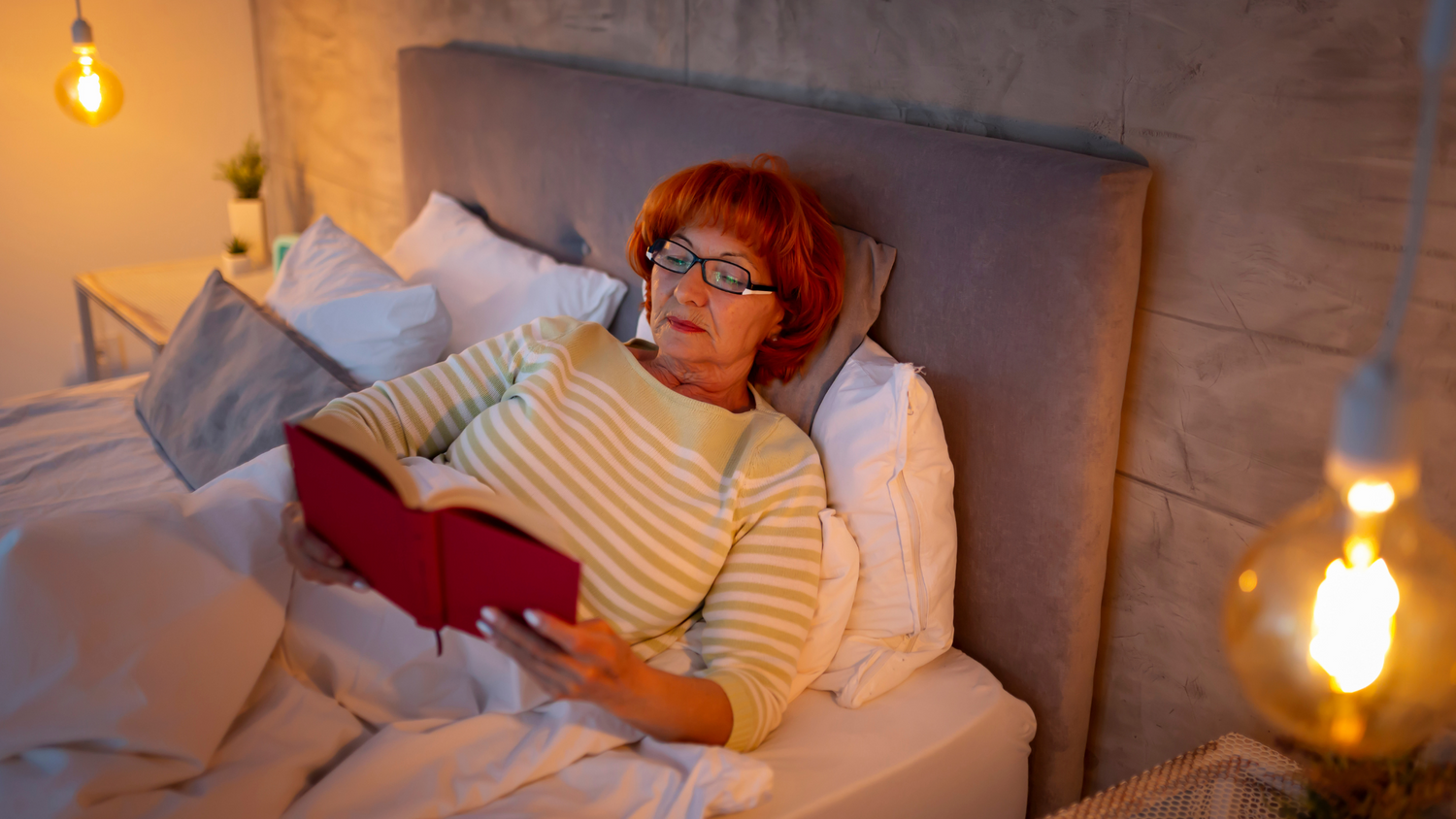Vaginal dryness is more common than you might think, particularly among women going through menopause, yet it's often misunderstood. The stigma surrounding it can lead to misinformation, leaving many women uncertain about the causes, effects, and treatments. Let's debunk three of the most persistent myths about vaginal dryness.
Myth 1: Vaginal Dryness Only Affects Older Women
One of the most widespread myths is that vaginal dryness is a problem exclusive to older women, particularly those experiencing menopause. While it's true that menopausal women are more likely to experience vaginal dryness due to decreased estrogen levels, this condition can affect women at any age.
Younger women can experience vaginal dryness for various reasons, including hormonal changes during breastfeeding, the use of certain medications like antihistamines or antidepressants, and even stress. Birth control pills, which alter hormone levels, can also contribute to dryness. Additionally, women undergoing cancer treatments such as chemotherapy or radiation may experience changes in vaginal moisture. Recognizing that vaginal dryness is not just a "menopausal problem" is essential for understanding and addressing it at any stage of life.
Myth 2: Vaginal Dryness Means You’re Not Aroused
Another common misconception is that vaginal dryness is a sign of a lack of sexual arousal. While arousal does trigger natural lubrication, vaginal dryness isn't necessarily an indicator of low libido or sexual interest.
Hormonal fluctuations, as mentioned earlier, play a significant role in vaginal moisture, but other factors like dehydration, stress, or even insufficient foreplay can also contribute to dryness. Moreover, some women naturally produce less lubrication regardless of their level of arousal. Understanding that vaginal dryness is often a physical condition, not a reflection of sexual desire, can help reduce the shame or frustration that some women may feel during intimacy.
Myth 3: You Just Have to Live with It
Perhaps the most damaging myth is the belief that vaginal dryness is something women just have to accept and live with, especially as they age. This couldn't be further from the truth. Vaginal dryness is a treatable condition, and there's no reason to endure the discomfort in silence.
Over-the-counter lubricants and moisturizers can provide immediate relief for vaginal dryness, making sexual activity more comfortable. However, these are temporary solutions. For long-term management, especially for those dealing with menopause-related dryness, hormone replacement therapy (HRT) or local estrogen treatments can be highly effective, however can bring on some nasty side effects. Non-hormonal options that are clinically supported to improve vaginal dryness, like Membrasin Vitality Pearls oral supplement or Intimate Moisture Cream can provide a safe and effective solution to the issue of vaginal dryness long-term.
It’s important for women to speak openly with their healthcare providers about their symptoms and explore the various treatment options available. You don’t have to suffer in silence or assume that vaginal dryness is an inevitable part of aging.
Conclusion
Vaginal dryness is a common and manageable condition that affects women of all ages. By debunking these myths, we can foster a more open and informed conversation about vaginal health. Remember, there’s no need to feel embarrassed or alone—understanding the facts and seeking the right treatment can significantly improve your comfort and quality of life.





